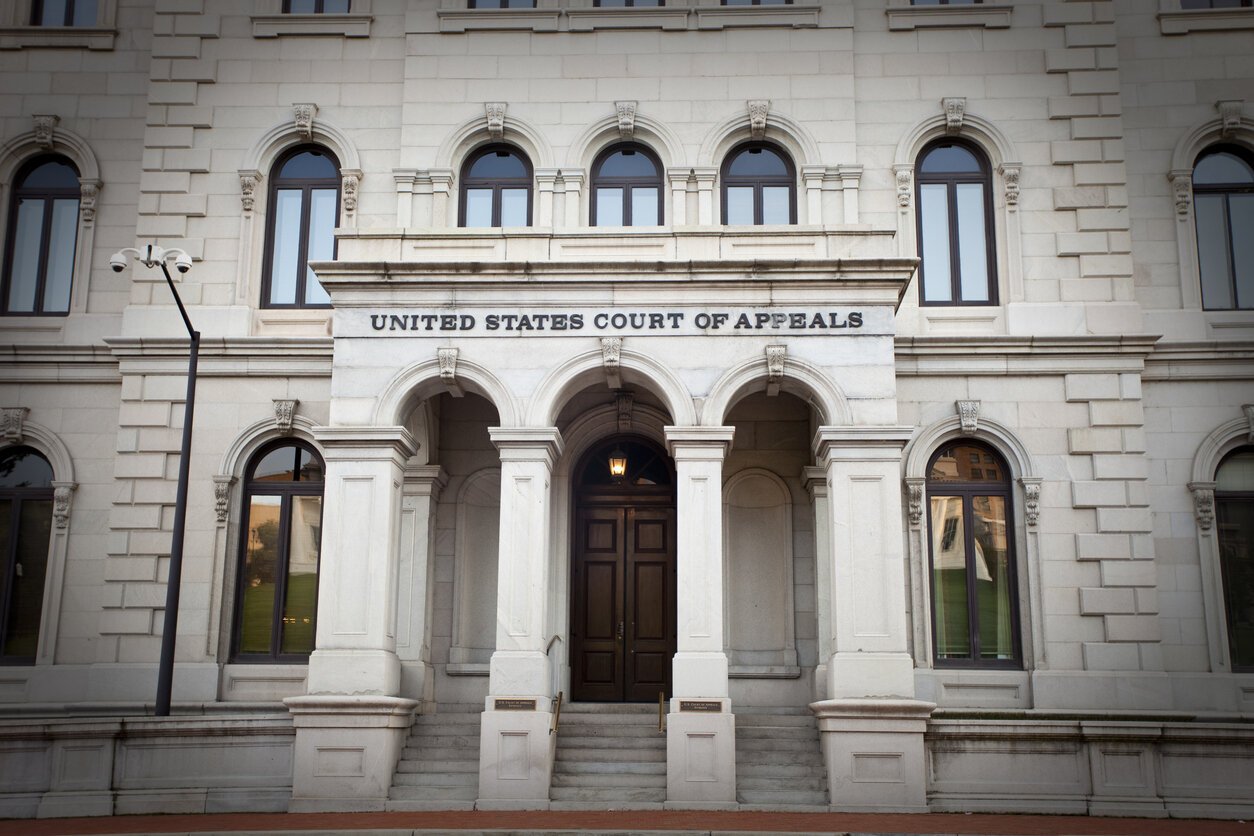
Fifth Circuit Limits Fourth Amendment Actions Involving Federal Employees
The U.S. Court of Appeals for the Fifth Circuit described the case as one presenting “a novel question involving two provisions within the Constitution: the U.S. Postal Service and the Fourth Amendment.”

Penalties Mitigated in Arbitration, after an Agency Decision, Do Not Establish Disparate Treatment
McKenzie Holmes was a U.S. Postal Service (“USPS”) employee from 1989, until his removal in 2018. At the time of his removal, he worked as a city carrier at the Fort Dearborn Station in Chicago.

Tenth Circuit: Intimidating Witnesses for Testimony Is Not Lawful Assistance Protected under the Whistleblower Protection Act
In October 2017 Larry Baca began to work as a Supervisory Engineer, GS-13, and the Chief of Operations and Maintenance Division in the Directorate of Public Works at the U.S. Army White Sands Missile Range in New Mexico.

Supervisory Roles in Excepted Service Do Not Tack under 5 U.S.C. § 3321 to Satisfy Supervisory Probationary Period in Competitive Service
Deborah Mouton-Miller worked for the United States Postal Service (USPS) as an Audit Manager until April 2017, when she transferred to the Department of Homeland Security’s (DHS) Office of Inspector General for a promotion as Supervisory Auditor. Mouton-Miller’s position with USPS was classified as GG-0511-14, step 8, and her position with DHS was classified as GS-0511-14, step 8.

Third Circuit: Federal Civilian Dual Status Technicians Not Covered under the Uniformed Services Exception to Reduced Social Security Benefits
Floyd Douglas Newton worked as a National Guard dual status technician from 1980 until 2013. A dual status military technician is a federal civilian position supporting the Selected Reserve or armed forces. Though civilians, dual status technicians are required to maintain National Guard membership, hold a particular military grade, and wear appropriate military uniform, among other requirements.

Federal Circuit: Removal for Performance-Based Conduct Not Limited to Performance Actions
Dr. Allen Braun worked as a research doctor at the National Institutes of Health (NIH) for almost 32 years. In 2003, he became a tenured Senior Investigator for the National Institute on Deafness & Other Communication Disorders, a branch of NIH.

Third Circuit: Federal Employees May Bring Suits for Retaliation Under Title VII
The U.S. Court of Appeals for the Third Circuit recently held that a federal employee may bring suit against the Secretary of Labor for retaliation under Title VII, but declined to decide on the limits of such a claim.

Federal Circuit: Arbitrator’s Decision on Attorney Fees Award Requires Explanation
Last week, the U.S. Court of Appeals for the Federal Circuit vacated an arbitrator’s decision denying a union’s request for attorney fees accrued in an arbitration proceeding since the arbitrator’s award decision failed to explain his reasoning for denying fees.

Federal Circuit: Deciding Official on a Proposed Adverse Action Stemming from a Security Clearance Determination Is Not Required to Have an Alternative, Available Penalty
The U.S. Court of Appeals for the Federal Circuit recently held that a deciding official has no obligation under 5 U.S.C. § 7513 to have available an alternative penalty when deciding on a proposed adverse action that is based on a security clearance determination.

FLRA Reconsidering Its Use of the Allen Factors to Award Attorney’s Fees
On March 1, 2019, the Federal Labor Relations Authority issued a press release stating that it was inviting amici curiae briefs on an issue in U.S. Department of Veterans’ Affairs, Michael E. DeBakey Medical Center, Houston, Texas, and American Federation of Government Employees (AFGE), Local 1633, Case No. 0-AR-5354. The issue involves whether the Federal Labor Relations Authority should reconsider relying on the factors in Allen v. U.S. Postal Service, 2 M.S.P.R. 420 (1980), when considering awards of attorney’s fees.

Federal Circuit: 38 U.S.C. § 7402(f) Compels VA to Remove Title 38 Employees That Lose Medical Licenses for Cause
Recently, the Federal Circuit examined the interaction between statutory language under 38 U.S.C. § 7402(f) that compels the Department of Veterans Affairs to terminate Title 38 employees who lose their medical licensure for cause, and the due process rights available to those employees.

Federal Circuit: EPA Made “Baseless” Claim of Attorney-Client Privilege to Protect Draft Notices of Proposed Disciplinary Actions
Recently, the Court of Appeals for the Federal Circuit reversed a decision of an Merit System Protection Board Administrative Judge, and found that the EPA made no evidentiary showing to prove its claim of the attorney-client privilege to prevent the discovery of draft proposed disciplinary actions.

Supreme Court Grants Certiorari to Decide Whether Union Fees for Non-Member Public Employees Violate First Amendment
On September 28, 2017, the Supreme Court granted certiorari to consider whether agency fee arrangements imposed by public unions on non-member public employees are constitutional.

Supreme Court Finds That FEHBA Preempts State Law Barring Subrogation and Reimbursement
Today, the Supreme Court held that contractual subrogation and reimbursement prescriptions plainly relate to “payments with respect to benefits” under the Federal Employees Health Benefits Act of 1959 (FEHBA) and preempt state laws barring subrogation and reimbursement.

Discrimination on the Basis of Sexual Orientation Covered under Sex Discrimination for the Purposes of Title VII
Last week, the U.S. Court of Appeals the for the Seventh Circuit held that discrimination on the basis of sexual orientation is a form of sex discrimination under Title VII of the Civil Rights Act of 1964.

Supreme Court Holds That Presidential Nominated Appointees Are Ineligible To Also Serve In An Acting Capacity In a Different Position
This week, the Supreme Court held that the Federal Vacancies Reform Act of 1998 (FVRA) prohibits persons who the President nominates for appointment to be placed in positions in acting capacities while awaiting confirmation by the Senate.

